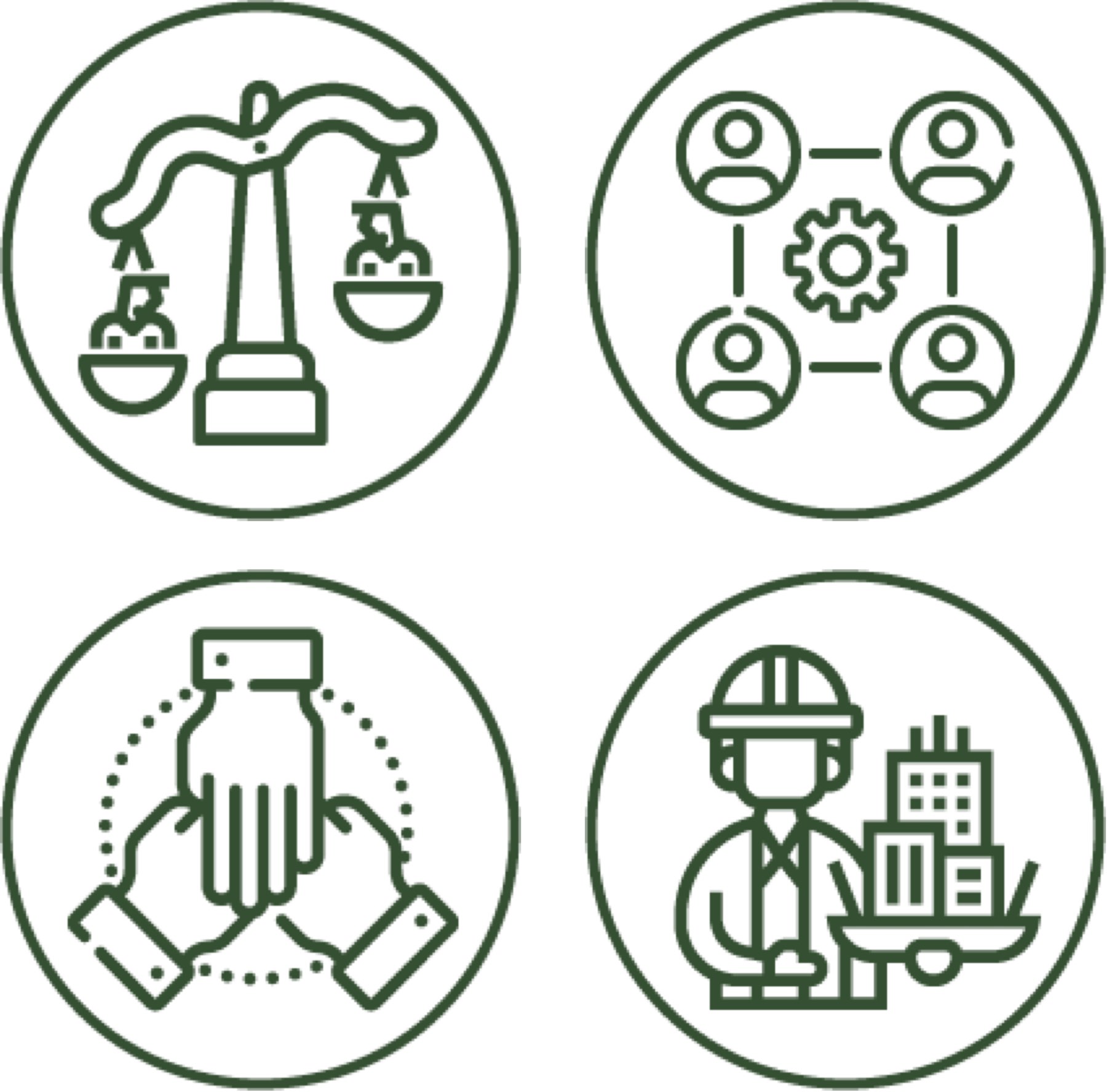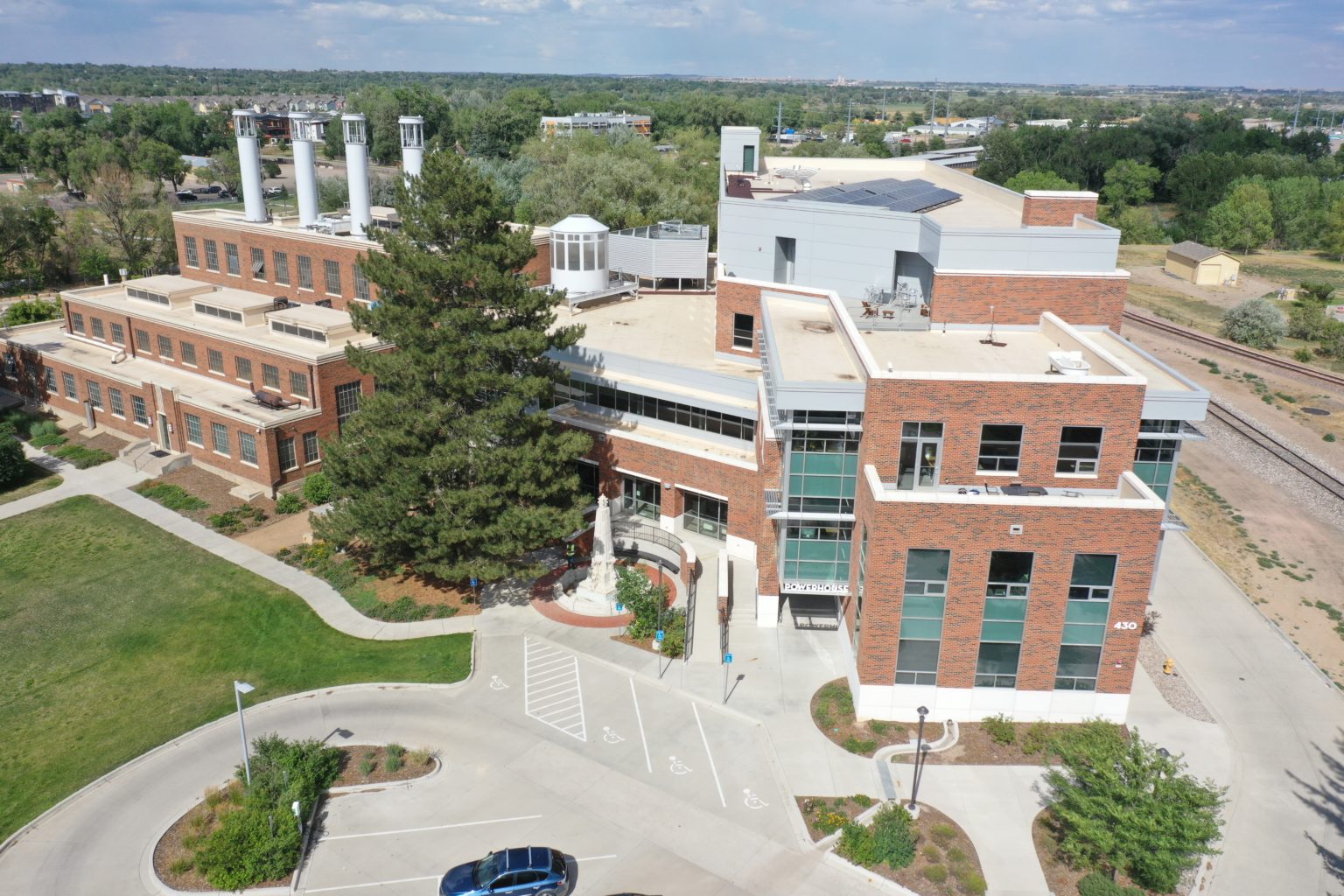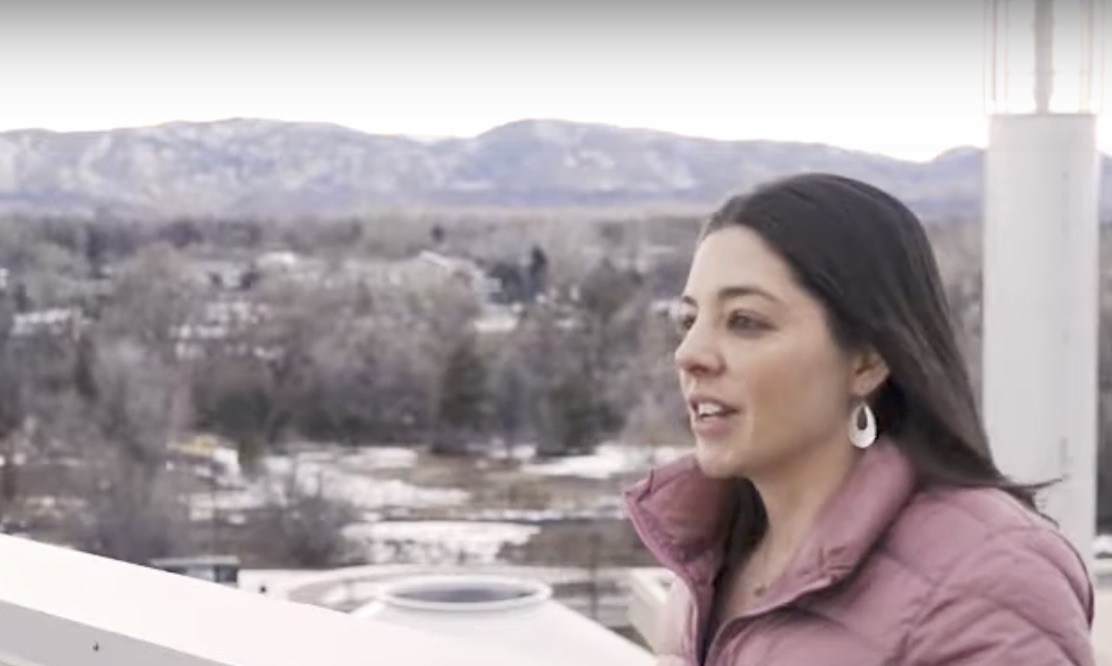Collaborative Campus
What does it mean to have a collaborative campus? People like getting together, working together, and bringing diverse skills to address complex problems. They create projects, initiatives and institutes to support their efforts.
Good work is done in small groups, and the whole campus is a network of these small groups. This can look confusing from the outside. With a large number of choices, prospective students may not know where to start. Don’t worry – the most important thing is that your skills and interests are a match for the advisor and the project. Start with one conversation, and we can help you find the way.
This page lists some of the projects and institutes where researchers in air quality, climate, and health have membership or collaboration. As a graduate student, you can collaborate with any of these groups.
Center for Environmental Justice
The Center for Environmental Justice aims to make environmental justice central to how CSU, faculty, students, and our broader communities view sustainability and democracy; create a diverse and inclusive environmental justice community that will facilitate collaborative research, teaching and engagement; make CSU a national and global node with respect to environmental justice by supporting diverse students, faculty, and community members; and link diverse environmental knowledge systems and historical experiences to address the failures of capitalism, colonialism, racism, patriarchy, and other systems of exploitation and oppression in our community and beyond.
Climate Adaptation Partnership
The Climate Adaptation Partnership works to foster collaborations among CSU researchers and center leaders that work on climate adaptation with two core emphases: 1) supporting interdisciplinary research efforts to address the complex challenges of climate adaptation and 2) building connections among researchers and policymakers to facilitate the application of climate adaptation research in policy venues.
Institute for Research in the Social Sciences
IRISS contains thought partners who provide robust social science research and collaboration tools to integrate community partners and researchers from all disciplines. They aim to connect and support social scientists with other researchers, as well as university, community, and industry partners.
InTERFEWS
The Interdisciplinary Training, Education and Research in Food-Energy-Water Systems (InTERFEWS) Program brings together PhD students from traditionally disparate disciplines to conduct research on key problems in the FEW nexus with a focus on water-scarce, arid regions. Air-quality graduate students can participate in InTERFEWS classes and seminars on complex systems.
School of Global Environmental Sustainability (SoGES)
The School of Global Environmental Sustainability was founded to confront global changes in the environment by providing the cross-college infrastructure to better integrate and more fully capitalize on the University’s historic strength in environmental research and education. SoGES offers a Sustainability Leadership Fellows program for graduate students.











